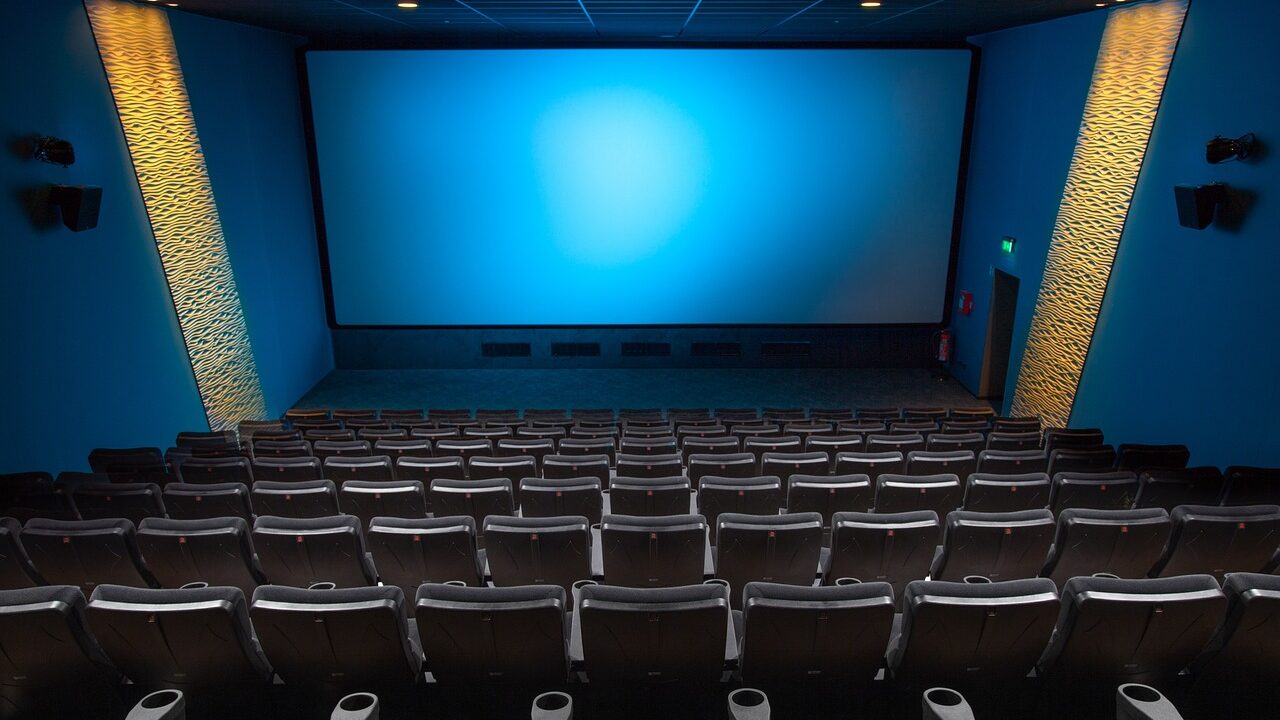
“Conservatives can change their ways—or they can be replaced”—Essayist and Culture Critic Titus Techera
“There are millions of people interested in ‘right-wing culture,’ but they have nothing to do with conservatism.”

“There are millions of people interested in ‘right-wing culture,’ but they have nothing to do with conservatism.”

People often go to considerable trouble to make themselves ugly, or as ugly as possible. Nor is this simply a trait of rebellious youth that is trying to assert its independence and that will take the easiest route available to shock its elders. Now, perhaps for the first time, the ugliness of youthful rebellion has become inscribed deeply into society, virtually as the norm.
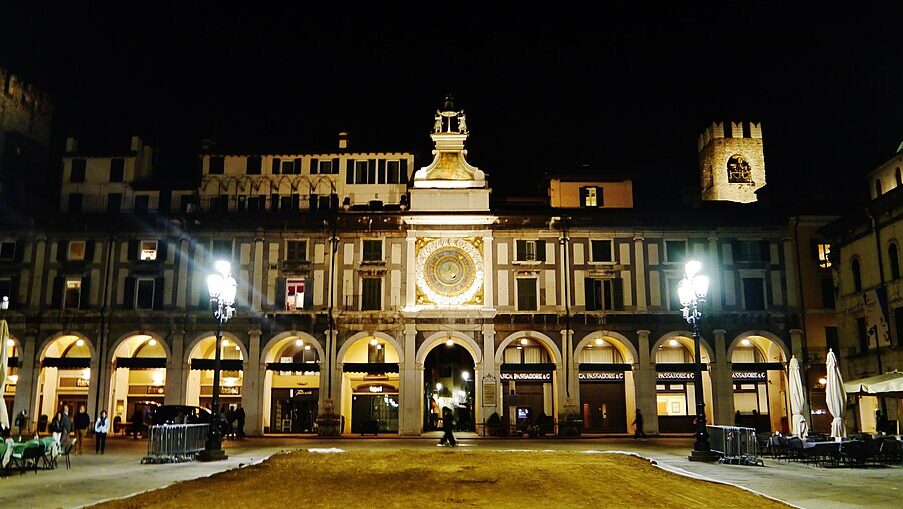
Every night, a mysterious shadow comes to save the Italian city of Brescia from tags and graffiti.
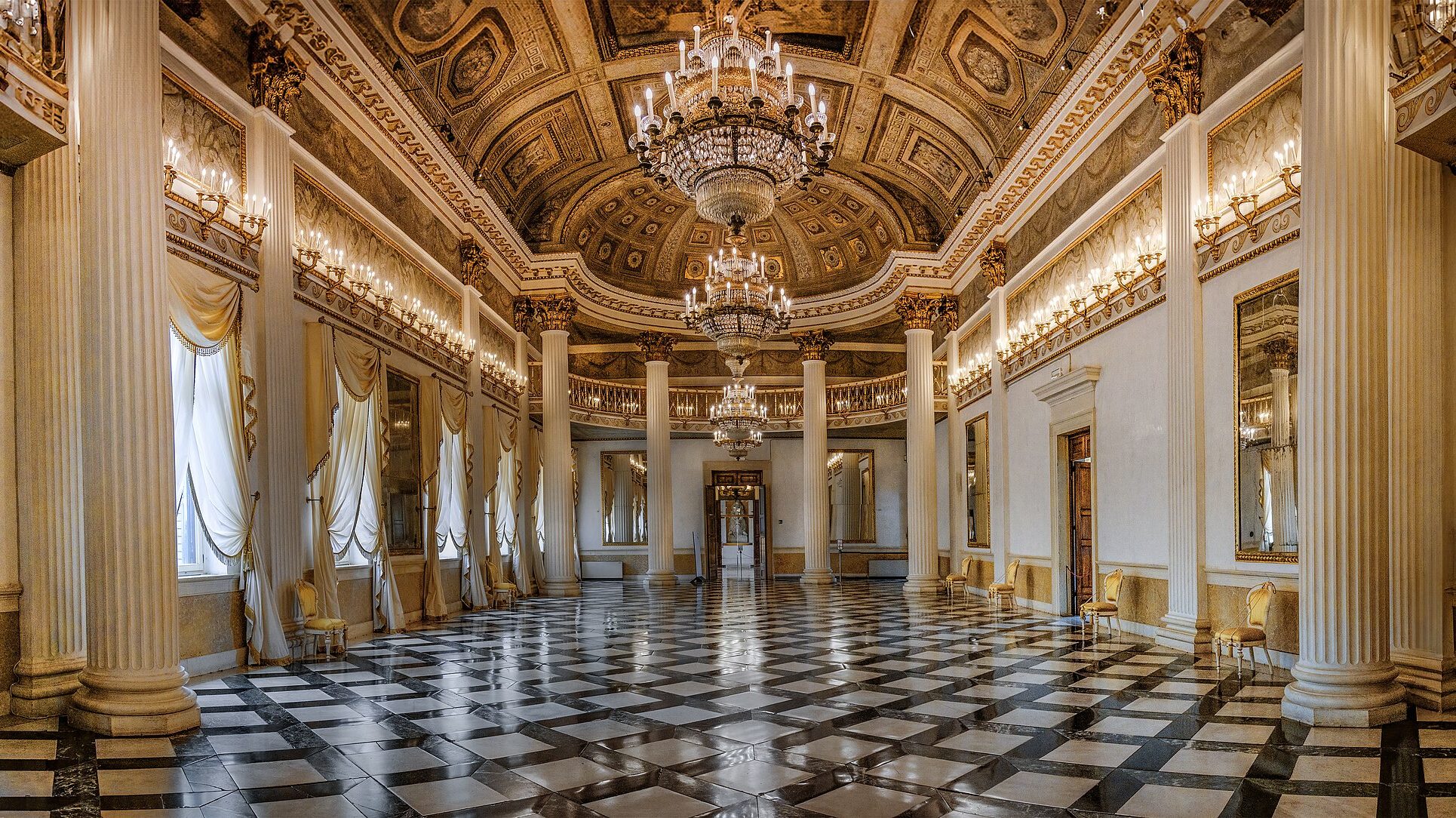
It is fortunate that our kings had the same reflex as Trump today, or we would still be living in Frankish or Visigothic tents, having destroyed the splendour of the Roman Empire.

Hysterical accusations that her American Eagle ad is “Nazi” or “eugenicist” are the death rattle of woke.
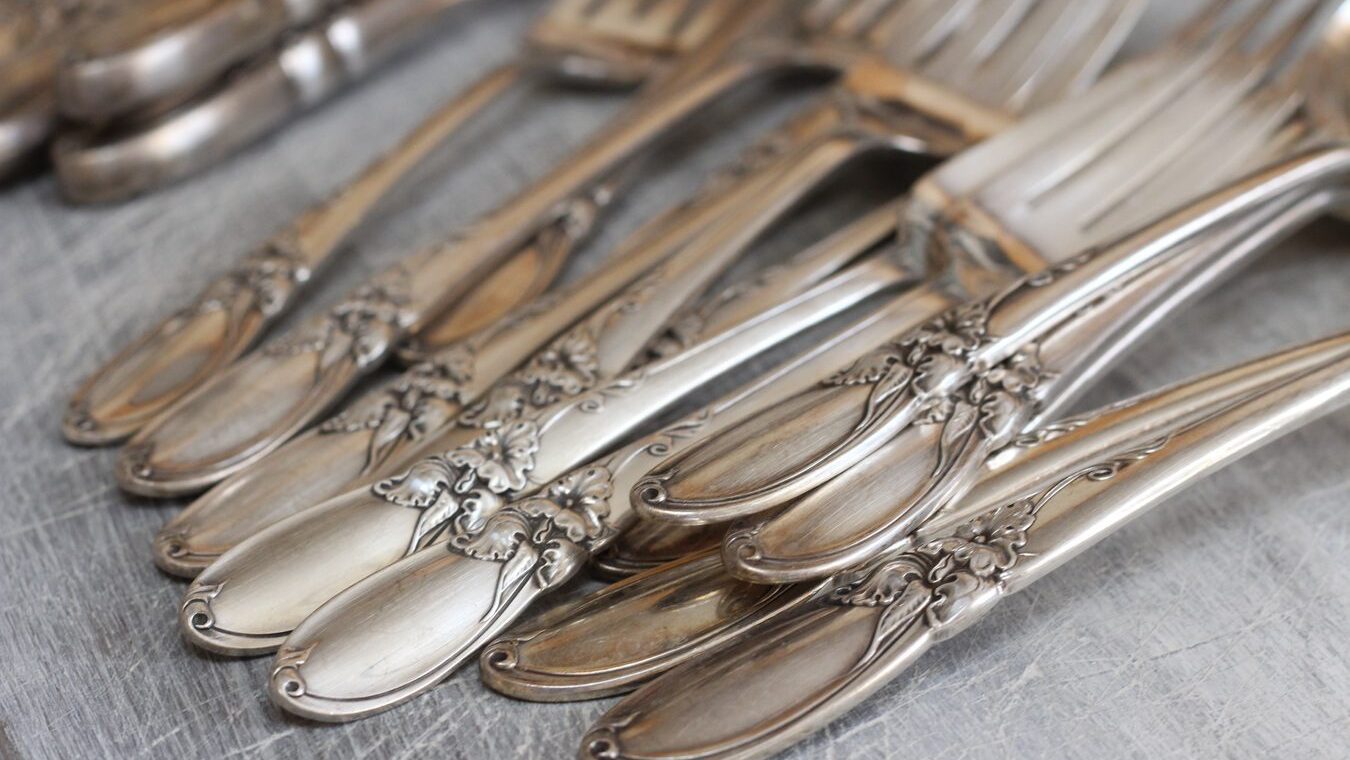
It is man’s nature to make art of nature.
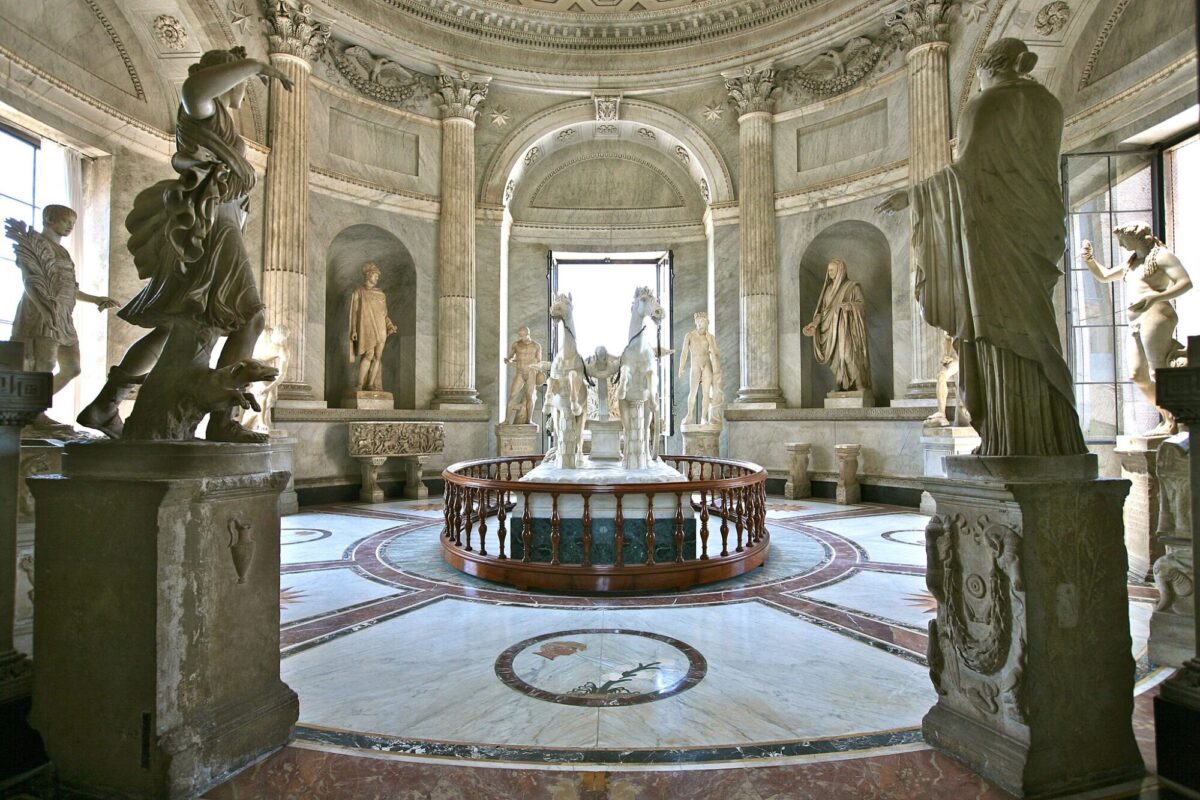
Modern man has bought into the broken merchandise of aesthetic subjectivism, after first embracing ethical subjectivism, resulting in countless works of art that deify ugliness as if it were a new form of beauty.
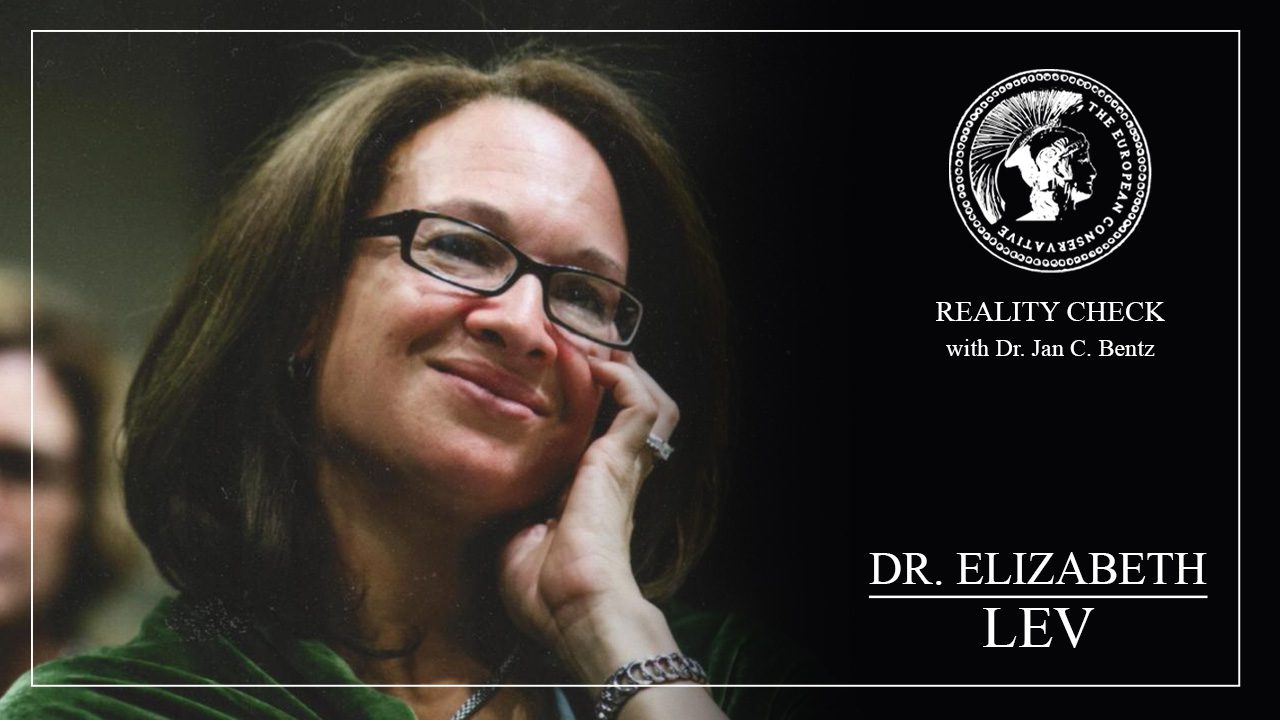
In an age where modern art often prioritizes shock value over substance, how can we rediscover the timeless beauty that has inspired generations? In this episode, we are joined by Dr. Elizabeth Lev, a renowned art historian with a passion for the Italian Renaissance and Baroque periods. This conversation invites you to reconnect with the transformative power of beauty and its vital place in our lives.
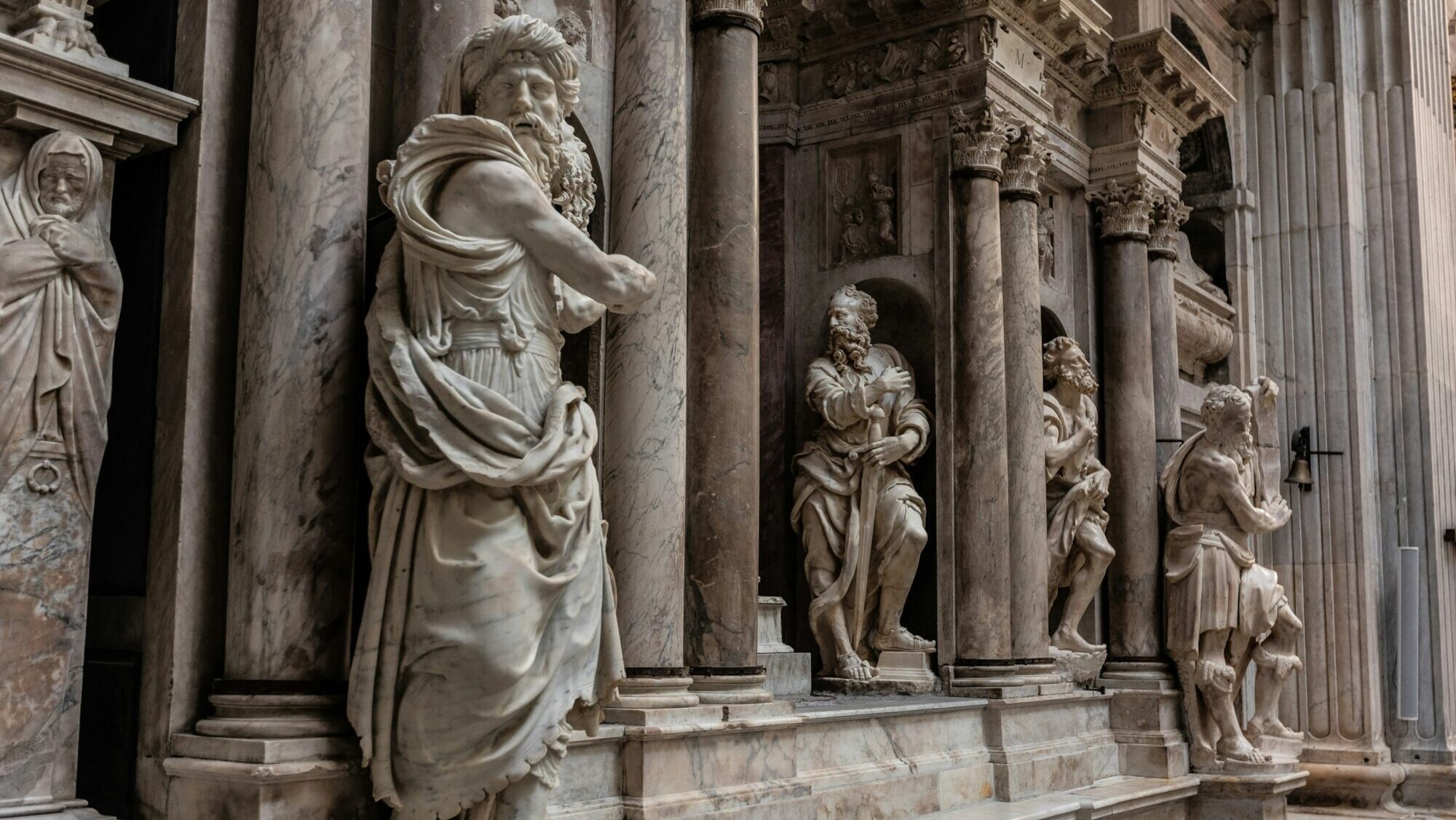
As long as there is a viewing public that can witness beauty, there will be a desire for tradition.
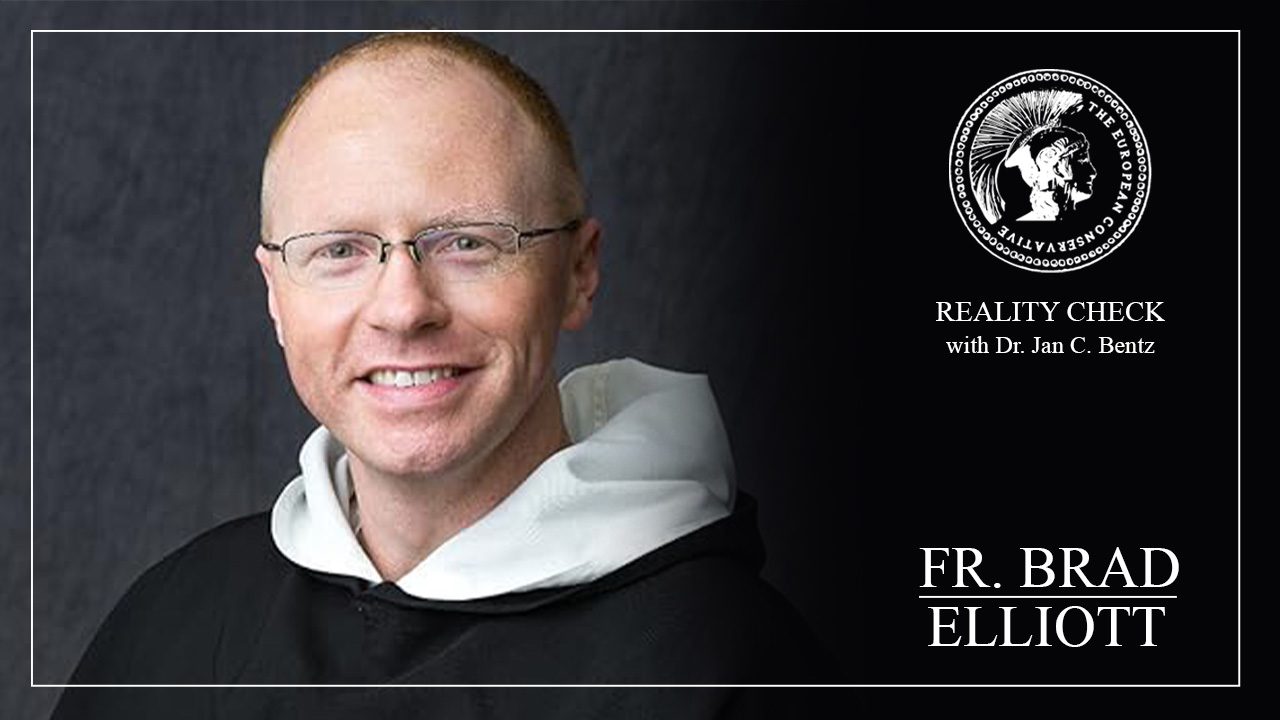
What is the relationship between art and morality, and can beauty truly save the world? We explore these profound questions with Fr. Brad Elliott OP, a Dominican friar, artist, and philosopher.